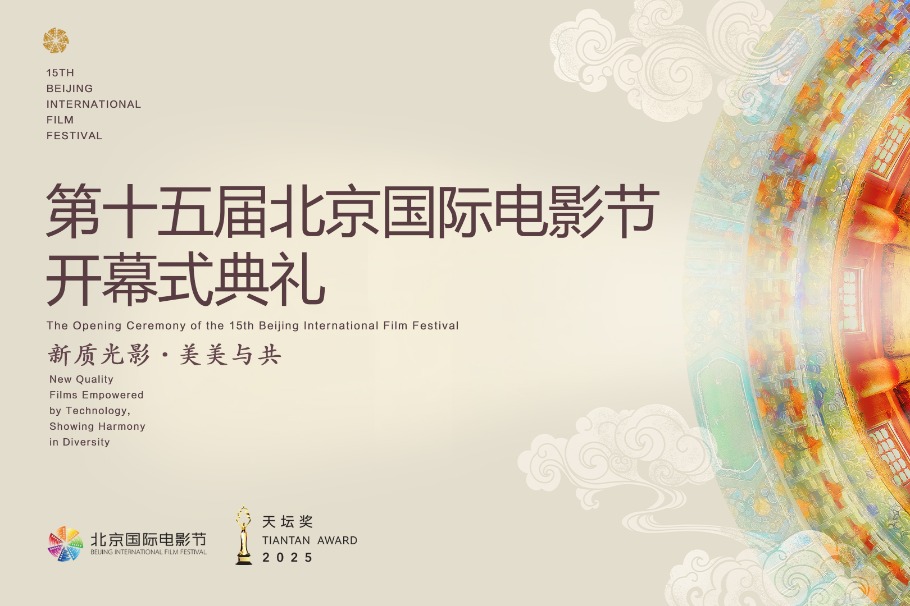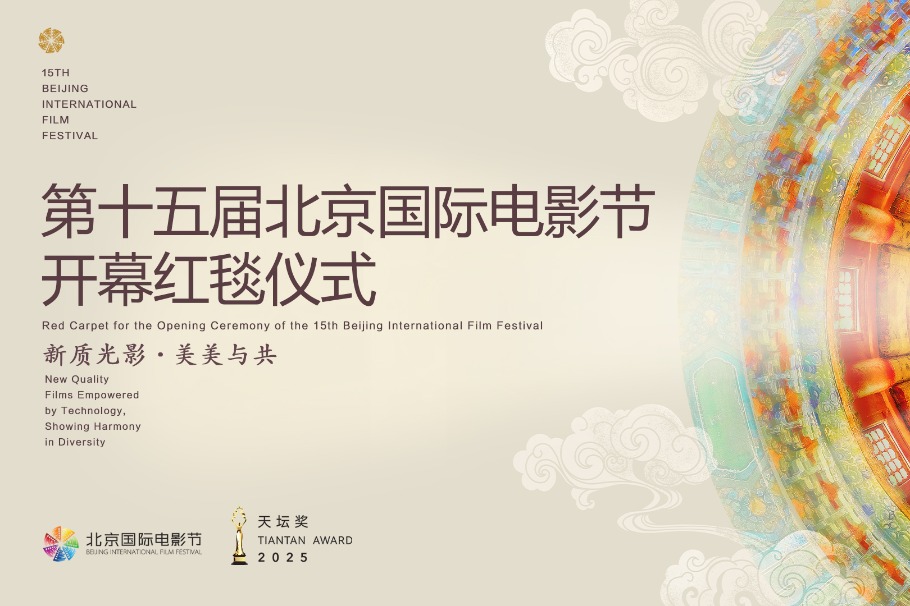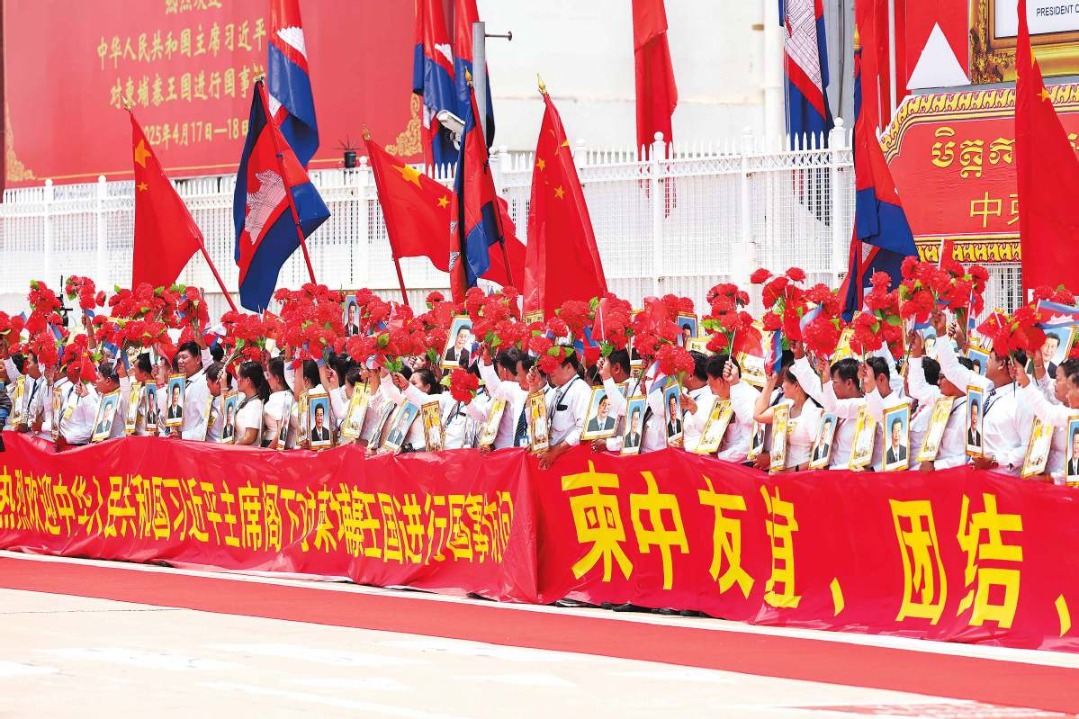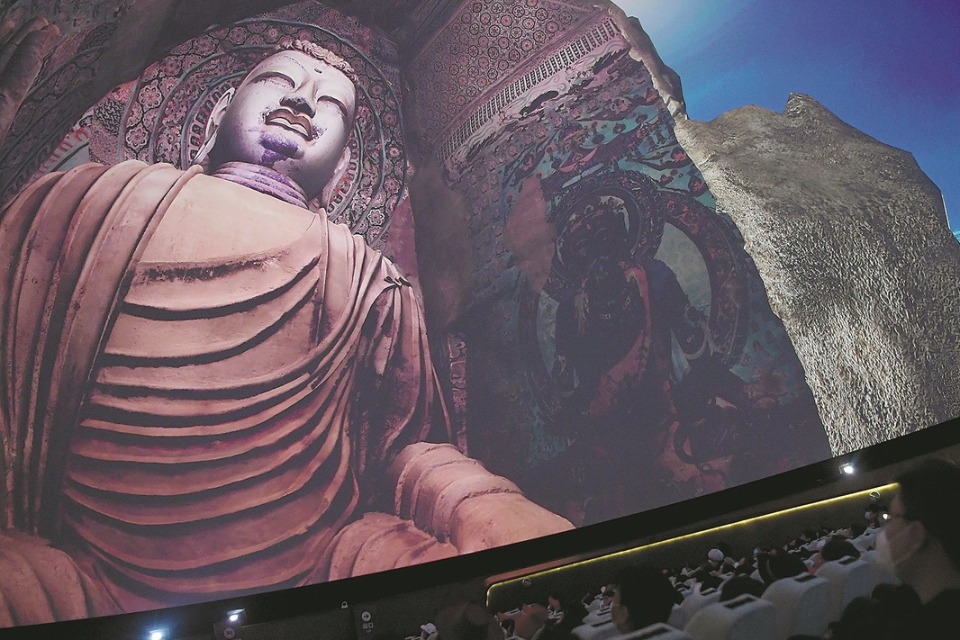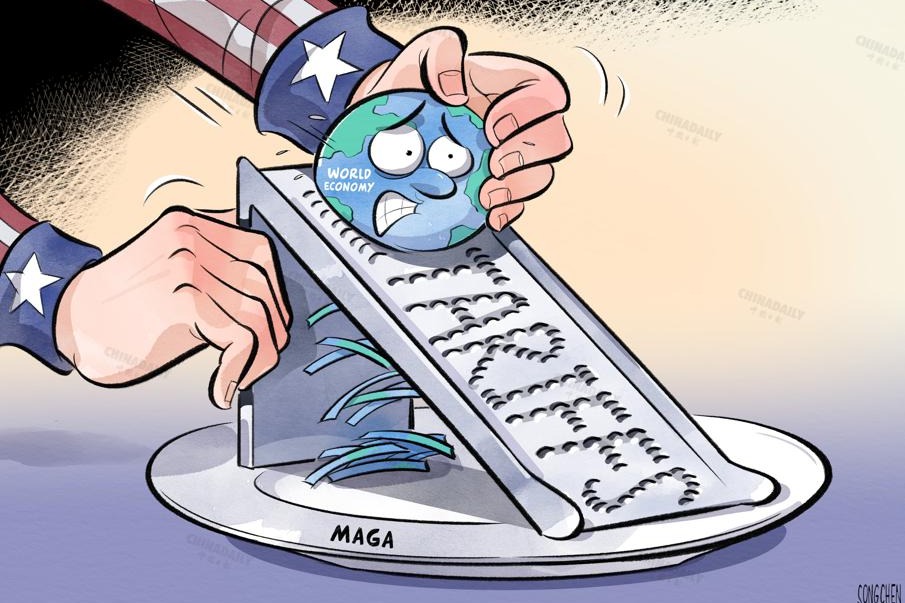Uncle Sam's African safari: Self-interest, discrimination, and 'menu diplomacy'


The US policy toward Africa has long been underpinned by self-interest. Its playbook on the continent has been a mix of willful ignorance and blatant bullying in various forms — from resource extraction and countering China to treating African nations as either pawns or punch lines.
Fast forward to today: the US approach remains a mixture of selective engagement. If there's one thing the US excels at, it is playing the hypocrite to prioritize "America First" at the expense of other nations' interests.
Let's unpack this diplomatic farce in Africa through closer examination.
Curious cases of South Africa and Botswana
South Africa's new Expropriation Act, aimed at redistributing land to address centuries of colonial and apartheid injustices, ironically triggered America's "moral outrage" over protecting "defenseless white farmers". Never mind that 72 percent of farmland remains owned by white South Africans (less than 8 percent of the population).
The US responded by freezing aid, halting HIV/AIDS programs, and threatening to revoke South Africa's AGOA trade privileges unless the land reform is abandoned.
This coercion is disingenuously framed in US media as "protecting property rights" rather than safeguarding minority interests. The New York Post tabloid even ran the headline: "South Africa's Mugabe-Style Land Grabs Threaten US Investment," exposing the pretext behind punitive measures. Last month, the US administration expelled South African Ambassador Ebrahim Rasool, labeling him a "hater of America" — a drastic move unprecedented even during the lowest points of US-Russia relations.
Washington's hostility reflects its broader strategy to punish African nations resisting Western hegemony. South Africa's support for Palestine, refusal to endorse NATO's proxy war in Ukraine, and leadership in strengthening BRICS as a counterweight to Western dominance have made it a target. By alienating Africa's most industrialized economy, the US aims to force the "problem child" into submission.
A stark contrast is Botswana, Washington's "model democracy". Coincidentally, it is also home to the world's largest diamond reserves, hosts US military drills and votes reliably with Washington at the UN.
Even the cooperation in the launch of Botswana's first satellite masked the US' ulterior motives. Speculation suggests the satellite's true purpose is to monitor Chinese investments in neighboring countries.
Botswana's "strategic partner" status has earned it VIP treatment — but merely a euphemism for "useful until obsolete."
The forgotten child
If South Africa is the rebellious sibling and Botswana the obedient servant, where does Lesotho stand?
It is the forgotten child. How many times did the US 2023 "Strategy for Sub-Saharan Africa" mention Lesotho? Zero.
Why? Lesotho lacks strategic minerals or proximity to America's "rival powers." Its erasure from diplomatic discourse justified slashing aid. US foreign policy has no room for nations that cannot feed its interests.
While tactics differ, the underlying logic remains: US interests trump all. This is starkly illustrated by discriminatory tariffs on African exports: 30 percent for South Africa, 37 percent for Botswana, and 50 percent for Lesotho — "a place nobody has heard of."
The truth is clear: the US is no partner but a profit-driven predator. The real question is not whether America will change, but whether African nations will finally unite as one and say no to "America First" and "Africa Last."
The author is a commentator on international affairs.
The views don't necessarily represent those of China Daily.
If you have a specific expertise, or would like to share your thought about our stories, then send us your writings at [email protected], and [email protected].

















